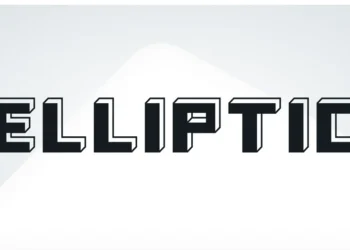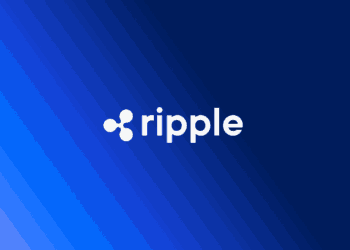Last updated on June 26th, 2025 at 06:27 pm
Bank of America (BoA) has recognised Bitcoin as one of the most disruptive innovations in the past millennium, placing it alongside transformative technologies that have reshaped society.
The bank’s recent report highlights Bitcoin’s potential to revolutionise finance by decentralising control and enabling peer-to-peer transactions without intermediaries.

The report charts Bitcoin’s emergence since its inception in 2009, noting its pioneering use of blockchain technology to secure and verify transactions transparently. BoA emphasises Bitcoin’s role in challenging traditional banking systems and enabling financial inclusion for unbanked populations worldwide. This innovation is seen as comparable to other historic breakthroughs such as the printing press, electricity, and the internet.
Bank of America’s analysis also underscores Bitcoin’s impact on the broader cryptocurrency ecosystem and decentralised finance (DeFi). The report suggests that Bitcoin’s underlying technology has sparked a wave of innovation, driving the development of new financial products and services that operate without central authorities. This shift could redefine how value is stored, transferred, and created on a global scale.
Despite Bitcoin’s volatility and regulatory scrutiny, BoA acknowledges its growing institutional adoption and increasing acceptance as a store of value akin to digital gold. The report projects that Bitcoin’s disruptive influence will continue to expand as blockchain technology matures and integrates with other sectors.
This recognition by a major financial institution, such as Bank of America, marks a significant milestone in Bitcoin’s journey from a fringe digital asset to a mainstream financial innovation. It validates the cryptocurrency’s transformative potential and its role in shaping the future of money and finance.
If you want to read more news articles like this, visit DeFi Planet and follow us on Twitter, LinkedIn, Facebook, Instagram, and CoinMarketCap Community.
“Take control of your crypto portfolio with MARKETS PRO, DeFi Planet’s suite of analytics tools.”





















